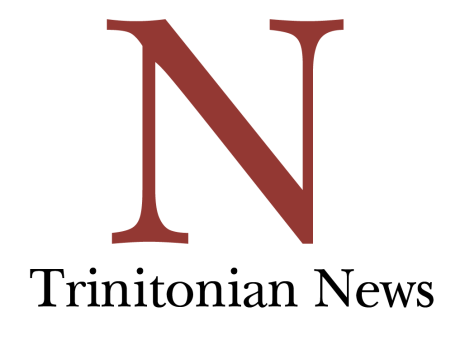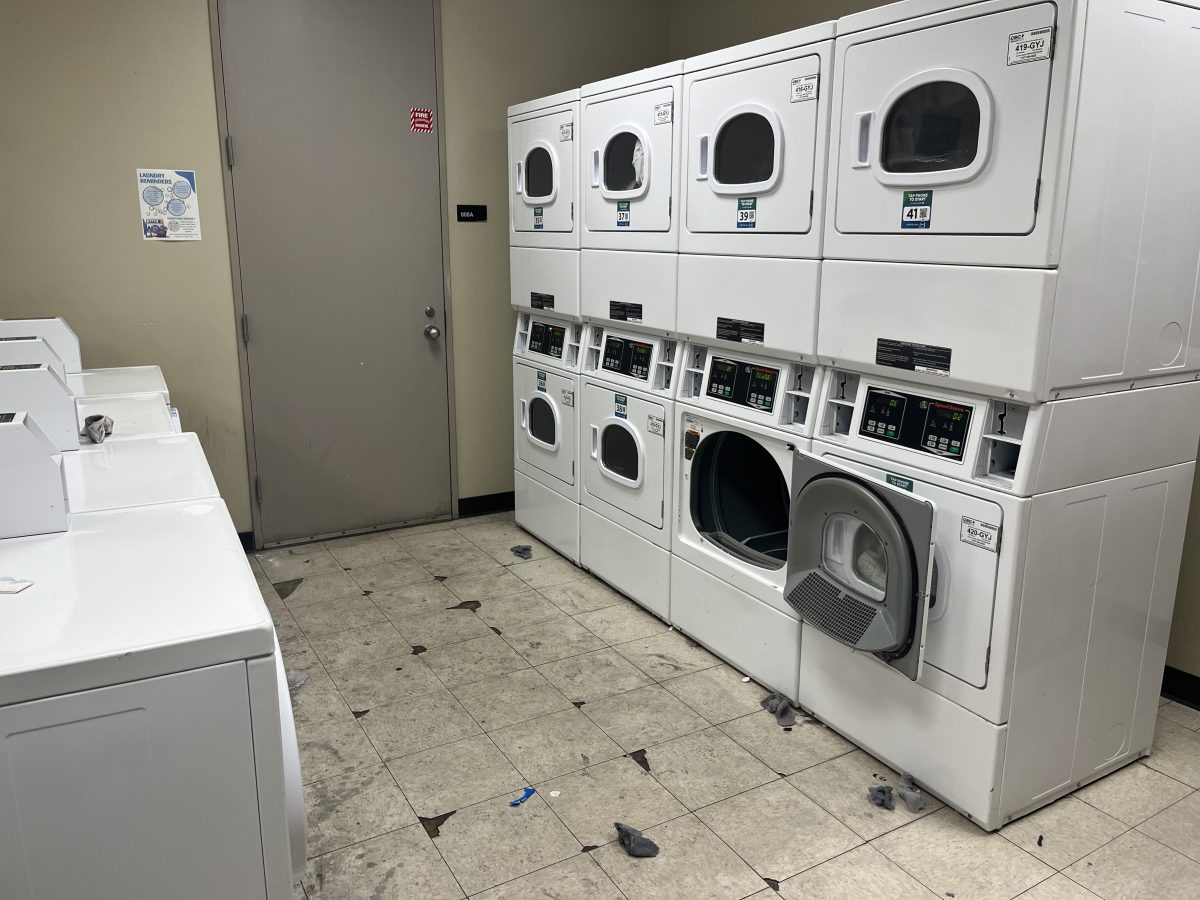The chemistry department is seeking new faculty members to fill two vacant positions: an assistant professor to teach Analytical Chemistry, and a distinguished professor. An offer has been extended for the assistant professor position, and the search for the distinguished professor has not yet formally begun.
Michelle Bushey, who previously taught Analytical Chemistry as an assistant professor, retired in the spring to take on a full-time position as a program director at the National Science Foundation. Steven Bachrach, the previous distinguished professor, resigned to take a position as dean of sciences at Monmouth University in New Jersey.
Christopher Pursell, professor and chair of the chemistry department, chaired the search committee for the new assistant professor to teach Analytical Chemistry. He was responsible for details such as getting paperwork approved through Academic Affairs, deciding how to advertise the position and setting up interviews.
The committee was made up of tenured chemistry faculty, as well as one non-chemistry faculty member, Matthew Hibbs, assistant professor of computer science.
“Every search committee generally has one external member; often from a related department, but not always,” Hibbs said.
Hibbs said that the external-faculty member helps give candidates a sense of the university outside of the department they seek to join, as well as helps the search committee assess the candidates in terms of the broader Trinity community.
His perspective as a computer science professor is also specifically relevant to analytical chemistry.
“They were looking for an analytical chemist who might be doing some amount of computational work. And so I’d be able to help answer questions about computational resources here, and IT structures, and that kind of stuff,” Hibbs said.
Students selected by chemistry faculty also participated in the search process.
“We value student input. So we actually form a student search committee, and all those students then go out to lunch with all the faculty candidates, attend their seminars, and then meet with us and give us student input in terms of the different candidates,” Pursell said.
Pursell stressed the importance of faculty being able to connect with students. “We have such a strong emphasis on mentoring students in our research laboratories that we really need to find an individual who is passionate, enthusiastic, excited and also appears to be competent in terms of doing research in our environment and research with our students,” he said.
Mark Brodl, assistant vice president for Budget and Research in Academic Affairs, said that his role in the hiring process was to assess the research needs of candidates.
“When faculty are hired, we really want to be sure that they can go ahead and start up a research program that is going to be as “¦ vigorous a research program as they can mount in this environment. So we want to be sure that they have the space, that they have the kinds of equipment that they need, to have a trajectory that is as far on the up as we can make it,” Brodl said.
However, research needs are not usually a determining factor in selecting a candidate. Brodl explained that Academic Affairs knows the usual range of required startup funds for a given faculty position.
“As long as everybody is within that target range, I have really no comment on whether there’s going to be somebody that’s fit to make an offer to. My part comes in after they’ve decided that they want to hire this person and make the offer, and then it’s just sort of closing the deal and making sure that that person is going to say yes at Trinity,” Brodl said.
The ultimate decision was made by the search committee in conjunction with University administration.
“We are to the point where we have evaluated all of our candidates, we have made a recommendation to Academic Affairs and we’re just in the beginning process of offering the position to our top candidate,” Pursell said.
“I think the dominant factors in the decision-making process were teaching ability and research quality for chemistry,” Hibbs said.
Pursell explained that “fit” was also a consideration in the hiring process. “Trinity’s a special place as a liberal arts school with a strong science program. And so it’s really helpful for us to find people who understand that. So for example, a candidate who maybe went to a school like Trinity,” he said.
The search for a distinguished professor to replace Steven Bachrach has not yet begun.
“The thought was not to try and do two searches at one time, that would make us crazy,” Pursell said. He explained that the hiring season for assistant professors is during the fall, but the distinguished professor process works differently.
“And also there is a hiring season for new faculty, which is right now. Hiring a distinguished professor would be hiring a professor who’s at another university, who’s doing really well, and is maybe interested in a change or could maybe simply be attracted to sunny San Antonio or the opportunities that we would have here for that individual. And so that person is not necessarily going to be looking for a new job per-se. And there’s no time table necessarily for when we would look and find that person,” Pursell said.







